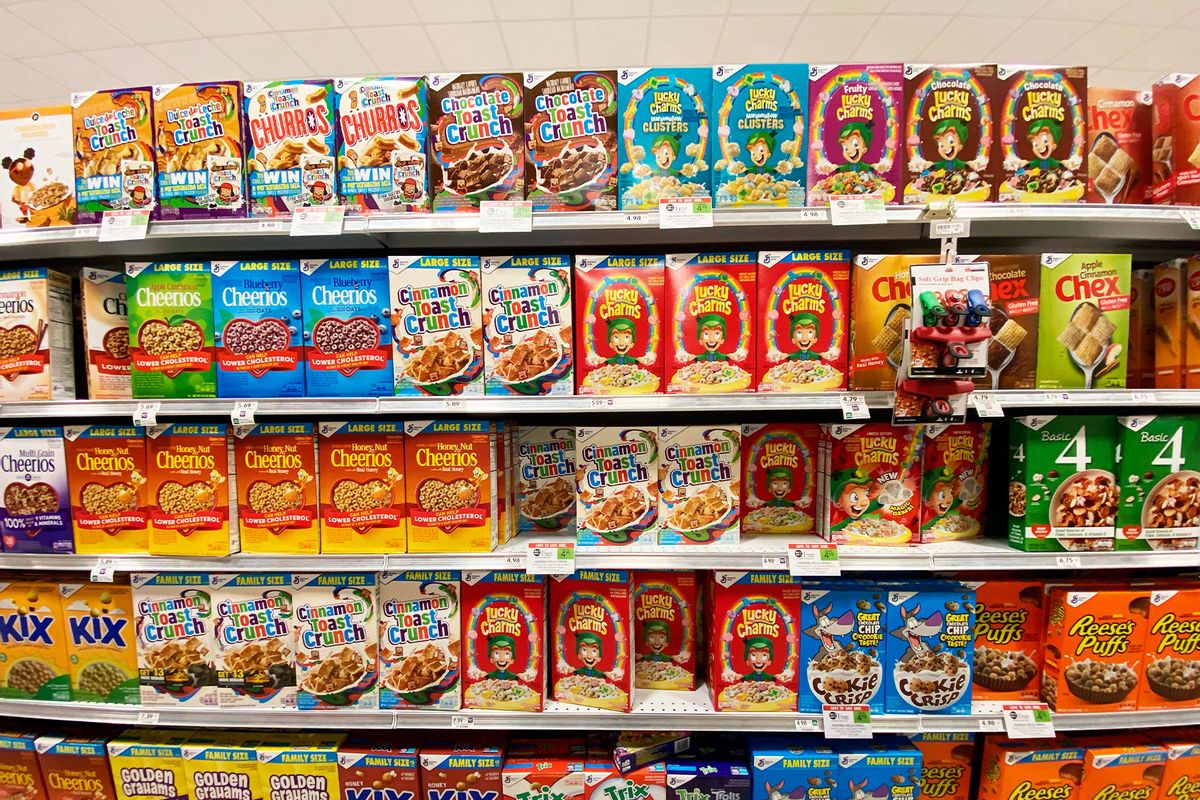General Mills — the multinational manufacturer of several notable cereal brands — has been sued by eight Black employees who say they faced race-based discrimination at the hands of white managers in one of the company’s Georgia-based plants.
The class-action complaint was filed in the U.S. District Court for the Northern District of Georgia on June 2. The plaintiffs include Gary Davis, Joe Davis, Devahn Jefferson, Keith McClinton, Donald Outlaw, E.J. Rivers and Naaman Smith, who filed individually and on behalf of all other workers who were under similar circumstances at the manufacturing plant located in Covington, Ga. The plaintiffs are current and former employees of General Mills who either work, or have worked, at the plant during the last four years.
In the federal lawsuit, the plaintiffs allege that General Mills and its managers violated the Civil Rights Act of 1866 along with the Georgia and Federal RICO Acts. The suit states that both the company and its managers favor white employees over Black employees, explaining that the former are awarded more promotional opportunities while the latter face more disciplinary actions.
The plaintiffs claim that the plant itself is controlled by a group of “male white supremacists operating in management and HR,” who collectively refer to themselves as the “Good Ole Boys.”
“The ‘Good Ole Boys’ believe that history and symbols that have been co-opted or misappropriated by the Ku Klux Klan and other white supremacist hate groups are useful to keep Black people ‘in their place’ and discourage Black people from speaking or taking action against the disparate treatment of Black employees at the Covington facility,” the lawsuit states.
The suit continues, saying that since the plant opened in 1988, certain policies and systems have been implemented to benefit white employees and threaten Black employees. It goes on to list more than 20 pages of instances, which prove that the managers “embraced a racially hostile work environment perpetuated by white supremacists who deny black employees,” the plaintiffs allege.
In one incident, the plaintiffs took issue with a mural of Stone Mountain — the largest Confederate monument in the world — which was commissioned by the Good Ole Boys and featured General Mills characters as Confederate generals. The monument touted three mascots, including Cocoa Puffs’ Sonny the Cuckoo Bird as Jefferson Davis, Cinnamon Toast Crunch’s Chef Wendell as Robert E. Lee, and the Cheerios honey bee as Stonewall Jackson, according to the lawsuit.
“The Confederate Mural was approximately twelve feet tall and more than twenty feet wide and was displayed from approximately 2005 until 2021 at the East Plant, just outside of a production area where Black employees were required to pass every day,” per the plaintiffs.
Want more great food writing and recipes? Subscribe to Salon Food’s newsletter, The Bite.
In another incident, plaintiff Keith McClinton says that in 2006 he found the letters “KKK” written on his personal lunchbox. After reporting the incident, management reportedly asked McClinton to provide a handwriting sample to prove it wasn’t him who wrote those letters.
The lawsuit mentions a separate incident that took place in 1993 where a noose was left at a plaintiff’s desk. The same plaintiff says that just one year later, he was told by a white employee to “go back to Africa.”
The eight plaintiffs say the “egregious incidents of racism” have been ignored by the human resources departments, both locally and on the corporate level, for 20 years. They claim HR also informs the plant’s white managers about the complaints and which Black employees made the complaints.
The plaintiffs are currently seeking a jury trial in hopes of acquiring a “declaratory judgment that the systemic pattern and practice of racially hostile and discriminatory employment practices” caused “catastrophic harm” to the plant’s Black employees. They are also asking for financial losses in the form of “threefold the damages they sustained plus the cost of this lawsuit” and attorney’s fees.
Read more
about General Mills:
